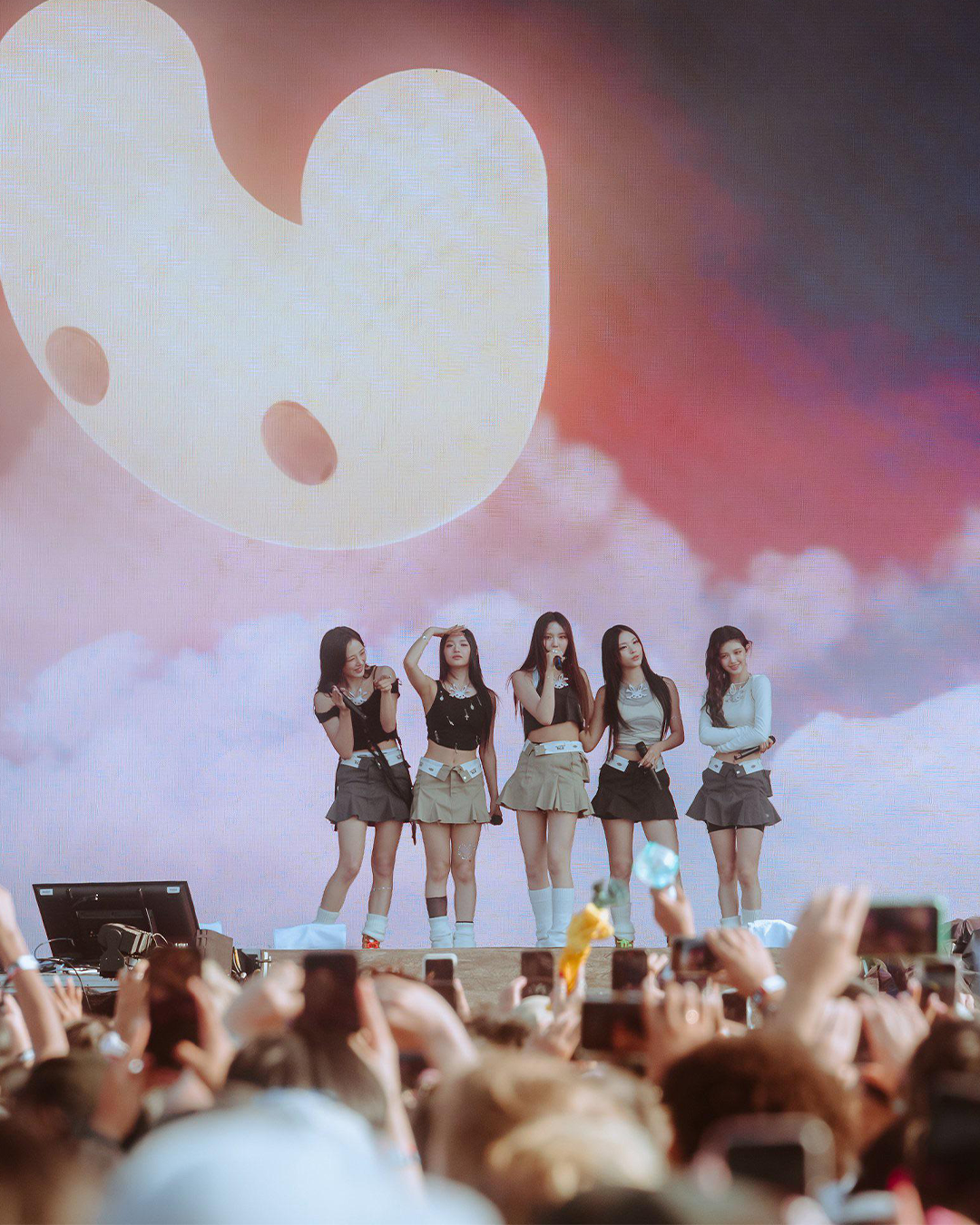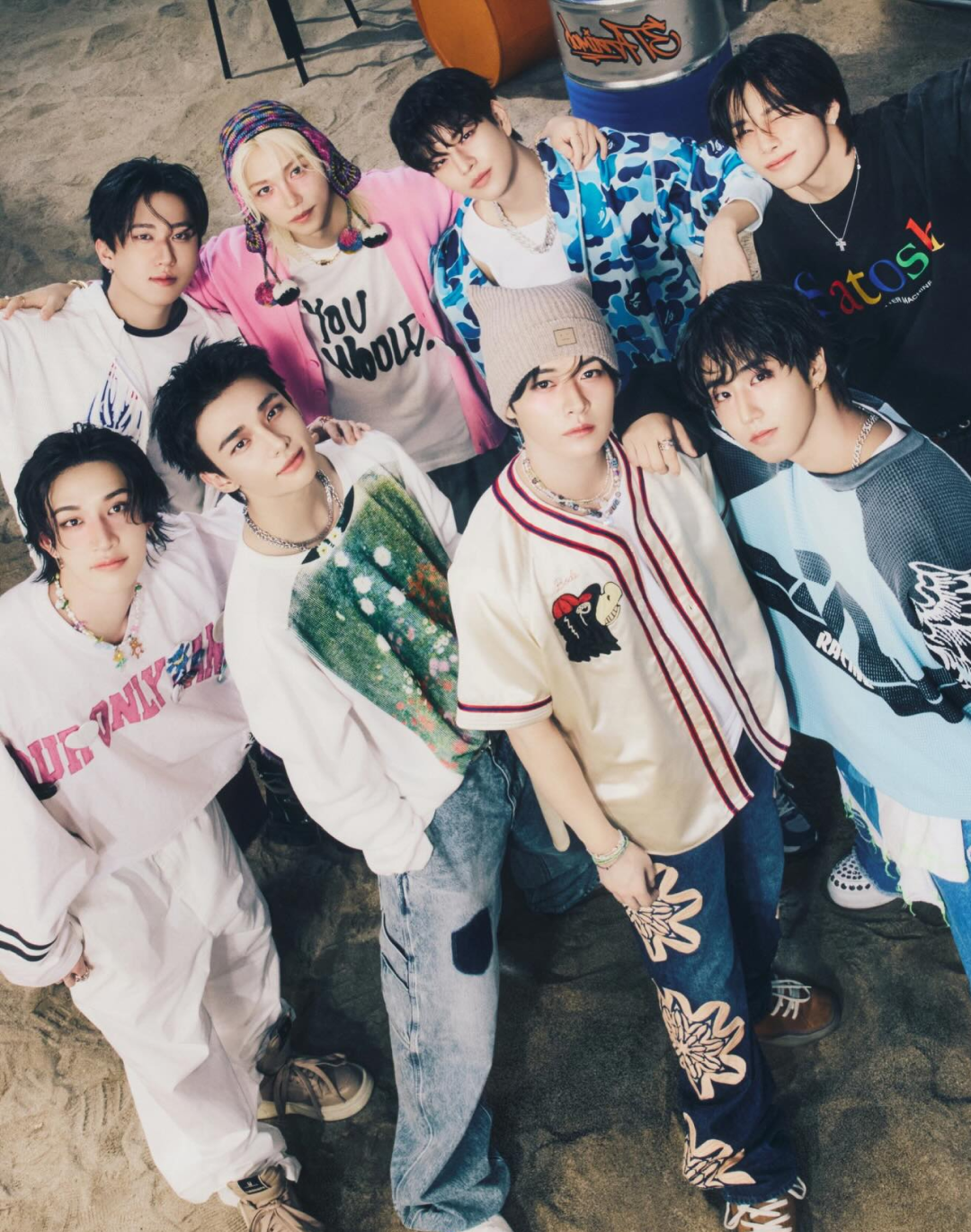
K-pop is in a crisis 2024 revealed all the cracks in the Korean entertainment industry
The year 2024 has been one of highs and lows for K-pop. On the one hand, there were major solo debuts (and re-debuts) by the genre’s biggest stars: the members of BTS released their individual projects before or after beginning their mandatory military service, while Blackpink, having parted ways with their agency YG, released new self-produced music — all except Jisoo. On the other hand, unprecedented scandals shocked the industry: from the national hearing of NewJeans against HYBE Corporation (South Korea’s largest entertainment conglomerate and the parent company of their former agency ADOR) over mismanagement to the mistreatment case involving global group VCHA by JYP Entertainment, and even sexual assault allegations against Taeil, the eldest member of NCT 127. These events have overshadowed the music itself. In general, one of the biggest complaints on “Stan Twitter” in recent years has been the industry’s growing detachment from its roots and its increasing focus on the Western market. Unsurprisingly, all major solo releases have been in English and feature international stars. For instance, Jungkook’s debut solo album contains no Korean tracks, and half of its songs are duets with prominent American pop artists. As fans are claiming on social media: “K-pop isn’t kpopping anymore”.
BRING BACK REAL KPOP pic.twitter.com/l08Es7qJJX
— DSTRBD (@disturbedonline) October 23, 2024
But what does “K-pop” actually mean? In the Netflix documentary, Blackpink: Light Up The Sky, producer and songwriter Teddy Park (a former idol and creative director at THEBLACKLABEL) criticized the term “K-pop” for reducing every Korean song to a singular genre, pointing out that no similar categorization exists for any other nation outside South Korea. His argument is not without merit. Korean groups’ music is often stereotypically associated with high BPM, upbeat vibes, and catchy melodies, but these are just clichés. Like in any other country, artists draw from diverse influences and genres in their discographies, and they are not all competing with one another. Saying that the music of Oasis and Charli XCX is the same simply because they are both English doesn’t make much sense, does it? The K-pop industry, now in its fifth generation, has undergone significant transformations: from the pioneering first generation of the 1990s to the fourth generation’s emphasis on spectacular choreography and global performances. Today, the fifth generation focuses on creating “global groups” that transcend geographic and cultural boundaries — a strategy that, while commercially effective, has sparked criticism for eroding the genre’s original essence. At the same time, it’s undeniable that idols and agencies are becoming less concerned with appealing to their existing fanbase. Over the past two years, many artists have chosen to promote their new releases in the United States rather than on traditional Korean music shows, a move often met with disapproval from Korean fanbases, who feel increasingly sidelined in favor of international audiences.
@bcseungmin lollapalooza saw this legendary topline performance and had to bring them back!! #straykids #kpop #bcseungmin #skz4thgenleaders TOPLINE (Feat. Tiger JK) - Stray Kids
However, these new marketing strategies yield tangible results. Take “APT.”, the lead single from Rosé's debut album: last November, it debuted at eighth place on the global Billboard Hot 100. Similarly, Stray Kids became the first musical act in history to debut their first six albums directly at the top of the Billboard Hot 200. Additionally, the world’s biggest music festivals have, for years now, featured leading K-pop groups in their lineups, solidifying the genre’s global presence. Blackpink’s historic headlining of Coachella in 2022 paved the way for groups like Seventeen, who made history this year by headlining Glastonbury. This demonstrates that K-pop has not only integrated into but become a crucial element of major Western music festivals. Events like Lollapalooza, which now includes more K-pop groups across all eight of their worldwide locations, further highlight this trend. Yet, despite its success, the genre’s international expansion has inevitably altered the nature of the industry, pulling it away from tradition. For example, the number of groups performing at university festivals in Korea — once a significant local tradition — has sharply declined. While this shift in priorities signals a new era for K-pop, it also raises questions about losing the authentic connection to its cultural roots.
In 2024, two of the “big 4” (South Korea’s leading entertainment agencies) debuted “global groups.” Beyond their international members, however, there is little truly “global” about them: both groups remain firmly anchored within the Korean entertainment ecosystem, more akin to Blackpink or Twice than to Destiny’s Child or the Pussycat Dolls. This is precisely the goal of industry leaders, as demonstrated in the Netflix docu-reality Dream Academy. «We have this vision to take the K out of K-pop and make it global», said Melanie Fontana, a mentor for the joint venture between HYBE Entertainment and Geffen Records (part of Universal Music Group). Now that the industry has entered its fifth generation, is there a real risk of K-pop imploding? Changes have always occurred: between the third and fourth generations, for example, the focus shifted from vocal talent to stage presence and choreography. But dissatisfaction has never been this widespread among international and Korean fans. Perhaps the prolonged absence of Blackpink and BTS has caused too much instability. Could it be time for these giants to return and restore balance? According to official statements, the wait will end by mid-2025.















































